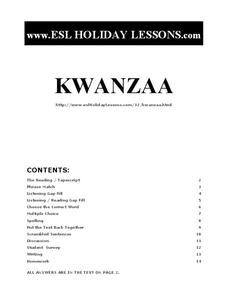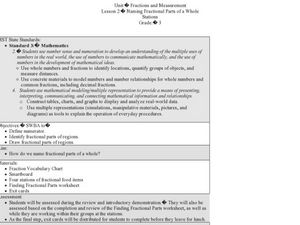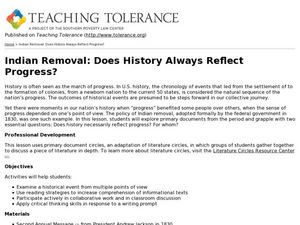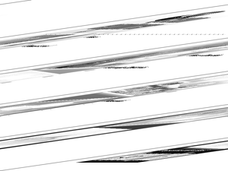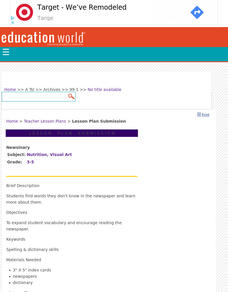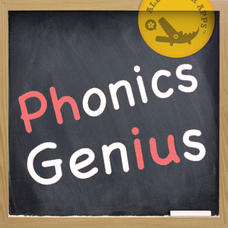Curated OER
Miss Nelson Is Missing/Miss Nelson Is Back- Lesson 4
Young scholars compare two stories. In this compare and contrast lesson, students read Miss Nelson is Missing and Miss Nelson is Back. Young scholars brainstorm similarities and differences in the two stories, use a Venn...
Curated OER
Freckle Juice
Students complete activities with the book Freckle Juice by Judy Blume. For this literature lesson, students read chapter one and brainstorm adjectives for the four main characters. They make a page of vocabulary words and...
Curated OER
Miss Nelson is Missing / Miss Nelson Is Back- Lesson 2
Students read and analyze a story. In this compare and contrast lesson, students re-read Miss Nelson is Missing and use a Venn Diagram to compare and contrast Miss Nelson and Miss Viola Swamp. Students write about their...
Curated OER
Ancient Rome
Students complete pre reading, writing, during reading, and interdisciplinary activities for the book Ancient Rome. In this reading lesson plan, students complete journal entries, go over vocabulary, answer short answer questions, have...
Curated OER
Greek, Latin and Anglo-Saxon Roots to Better Vocabulary
Seventh graders review the concepts of affixes and roots. They practice common Greek, Latin, and Anglo-Saxon ones which are used to form many words in English. Students develop an awareness of the formation and evolution of words.
For the Teachers
Cause and Effect Matrix
Study cause and effect in both literature and informational text with a lesson designed for several different reading levels. After kids review the concept of cause and effect, they read an article or story and note the causes and...
Lerner Publishing
Meet the Dinosaurs
Take your class of youngsters on a prehistoric adventure with this four-lesson series on dinosaurs. Accompanying the Meet the Dinosaurs books by Don Lessem, these lessons engage children in writing their own dinosaur books,...
ESL Holiday Lessons
Kwanzaa
Teach English language learners about the week-long holiday of Kwanzaa that is celebrated around the world during December. It includes holiday-themed reading comprehension passages, phrase matching, fill-in-the-blanks, and journaling...
Teaching English
In Flanders Fields
War is one of the most profound human experiences in history, and is often best depicted in works of art and literature. Introduce class members to the poetry of World War I with this resource that uses John McCrae's "In Flanders Fields"...
Curated OER
Naming Fractional Parts of a Whole
Third graders complete a worksheet. In this fractions instructional activity, 3rd graders review fraction vocabulary, use the SmartBoard to divide fractions and complete stations where they work with fractional parts of a whole.
Curated OER
The Tale of Tom Kitten
In these reading comprehension worksheets, students recall story details, vocabulary usage, and work math problems related to the literature. The students will complete five multiple choice recall questions, four multiple choice...
Curated OER
Ingredients of a Mystery
Students explore the concept of mysteries. In this mystery genre lesson, students identify the common characteristics of mystery books and use a story map to identify these characteristics in a given book. Students also...
Curated OER
Readers Theatre: Presenting Historical Events Through Theatre
Students examine historical events. In this lesson on the US Constitution, students engage in a theatrical exploration of the Constitution and the Bill of Rights. They also engage in an extensive discussion, complete worksheets and draft...
Curated OER
Indian Removal: Does History Always Reflect progress?
Students explore the idea that progress for some might not mean progress for all. In this Native American lesson, students recognize different viewpoints about historical events through the study of primary documents. Students decipher...
Curated OER
Idioms Quiz: Animals 1
In this online interactive idiom quiz, youngsters read phrases using idioms involving animals, choose a phrase that explains the meanings, click on the "Click the answers" to check, and click on the "more about this idiom..." to read an...
Curated OER
"Chocolate" Reading Comprehension-- Informational Passages
In this reading for information worksheet, students read a one page text about the history and origins of chocolate. Students answer 5 comprehension and 5 vocabulary multiple choice questions.
Curated OER
World Toilet Day
In this World Toilet Day worksheet, students complete activities such as reading a passage, matching phrases, fill in the blanks, choose the correct word, multiple choice, unscramble the words, sequencing, unscramble the sentences,...
Curated OER
Reduced Fare
High schoolers discover the relationship between tectonic plate boundaries and the communities of life that thrive at such boundaries. For this biology lesson, students find that methane from oxidized carbon in sediments provides...
Curated OER
Idioms Quiz: Body 3
In this online/interactive recognizing idioms activity, students read idioms about the body in isolation and in context to find their meanings. Students choose 10 multiple choice answers, click the "Answer" button and the "More about...
Curated OER
"Newsinary"
Here is a good way to use newspapers in the classroom and build a functional vocabulary. Learners are given 26 cards, they write one letter of the alphabet on each. They search the paper to find a name, place, or word for each letter,...
English is a Piece of Cake
Emotional Intelligence
How would you describe a great leader? Explore the theme of leadership with a unit that focuses on emotional intelligence, and how great leaders have a strong sense of emotional intelligence.
While They Watched
Teaching the Holocaust
What is the difference between prejudice and discrimination? Between collaborators and bystanders? Guilt and responsibility? Prompt learners to think critically about a very complex and textured topic with an innovative packet...
American Museum of Natural History
Climate Change
It actually is possible to have too much of a good thing when it comes to climate change. A slide show lesson describes how burning fossil fuels contributes to climate change. Individuals read about the scientific process and the...
Innovative Mobile Apps
Phonics Genius
Readers at any level who are practicing phonics will benefit from a highly customizable set of features designed for instruction and practice. The extensive library of phonemes and exemplar words covers sounds from the a in cat...









